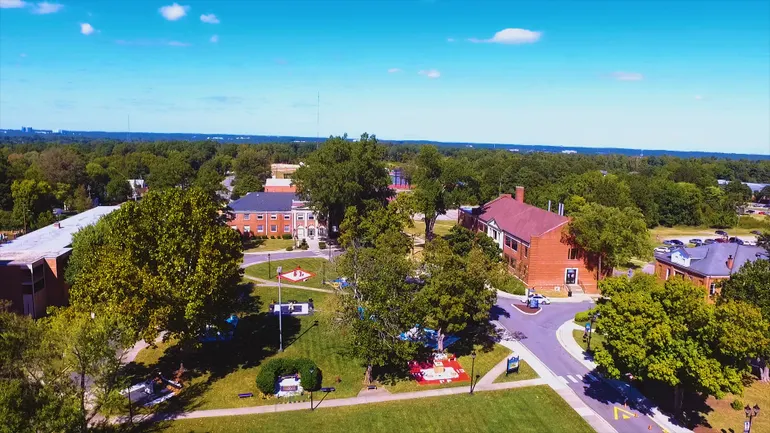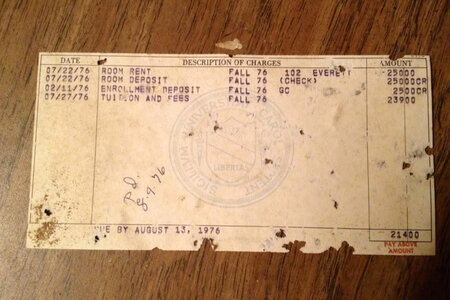gtyellowjacket
Inconceivable Member
- Messages
- 2,993
Saint Augustine in Raleigh is going through similar issues. They are appealing a loss of accreditation. Their enrollment has shrunk from 1100 to 200 in two years, have laid off a ton of staff and they have significant debt. They also have the good fortune of being in Raleigh near downtown so their land has substantially increased in value. They may be able to pull out of the death spiral but they may have waited too long to start.

 www.highereddive.com
www.highereddive.com

Saint Augustine’s University loses appeal to keep accreditation
Officials at the historically Black college are now contesting the decision to strip its accreditation via arbitration — a process it's been through before.

